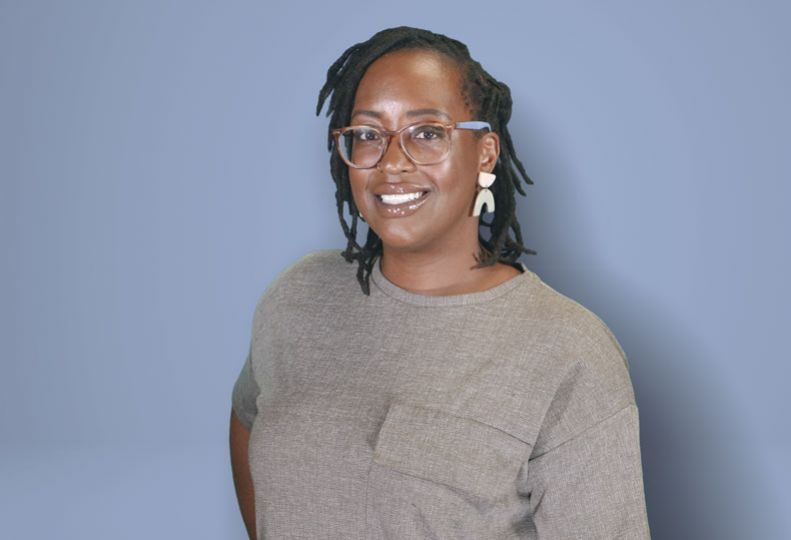
Home » 2023 Rising Star Oladunni Oluwoye: Researcher follows passion
2023 Rising Star Oladunni Oluwoye: Researcher follows passion
WSU professor one of few experts in emerging field

September 14, 2023
Oladunni Oluwoye, a researcher and assistant professor at the Elson S. Floyd College of Medicine at Washington State University, is working in a field that she hopes will cease to exist.
“I have a job because these disparities exist,” she says, referring to her research on inequities in mental health services among racially diverse youth. “But I’m working basically so I don’t have a job.”
Since beginning her career at WSU, Oluwoye has become one of the most published young faculty members and a national expert in an emerging field, says her mentor, Michael McDonnell, director of behavioral health innovations and associate professor at WSU medical school.
“She is an amazing person who is passionate and excited to do her work every day,” he says.
Oluwoye was born and raised in Sydney, Australia, to Nigerian parents who moved to the country to pursue doctorate degrees. When she was in high school, her father, a professor in urban planning, moved the family to Alabama for a new faculty position at Alabama A&M University, where he still teaches today. Her mother, who put aside her degree in sociology to become a nurse, also wanted Oluwoye to become a nurse. However, Oluwoye says she was more drawn to social services and research.
The 36-year-old researcher arrived in Spokane in 2016 shortly after receiving a doctorate in public health education and promotion from the University of Cincinnati, where her dissertation focused on the nonmedical use of prescription drugs and other substance use among college students. After she stepped into her role at WSU, her focus gravitated toward serious mental illness, specifically concerning people in the early stages of psychosis.
McDonnell says Oluwoye focuses on a new area of research in the U.S. that advocates for early intervention for young people dealing with psychosis. Historically, people who experience psychosis—especially young people of color—spend their lives in and out of hospitals or the prison system, and instead of receiving help, they often are incarcerated, he says. Oluwoye’s work identifies those young people at risk and works with their families to help youths live with their conditions and have successful lives.
McDonnell describes Oluwoye as a “national expert in doing that in partnership with communities of color and working to engage with young people.”
There are few other people in the country with expertise in this field, he says, adding, “She is interested in how people can keep a job, a life, amid a mental health breakdown.”
In 2019, Oluwoye become the co-director of the Washington state Center of Excellence in Early Psychosis, which focuses on first-episode psychosis and early intervention with evidence-based treatment. While she is one of the most published junior faculty members at WSU, her work is not just siloed to research—she also devotes time to community outreach, McDonnell says.
Oluwoye says she speaks at nonprofit events and shares information in a way, such as storytelling, that will be understood by the community.
“I do a lot of what I call mixed-method studies where some of them are qualitative interviews where we are sitting and having a conversation,” she says.
Oluwoye says she is able to attach those conversations and learning about people’s experiences to her quantitative research.
“Not everybody speaks in (probability) values and rates and bar graphs and things like that,” she says. “But, for example, if you have a mother who is telling a story about her son and how she has interacted with different services, and I share her experiences, I think that paints a better picture for people, and people resonate with people’s stories.”
It is people’s stories that fuel Oluwoye’s passion for her work and give her a sense of responsibility for their experiences to be properly integrated into the research, she says.
“I just think that we never really want to live in a space where there are disparities, or people have different access,” she says. “Collectively, people are working hard for those things to not happen.”
Latest News Up Close Health Care Education & Talent
Related Articles
Related Products




![Brad head shot[1] web](https://www.spokanejournal.com/ext/resources/2025/03/10/thumb/Brad-Head-Shot[1]_web.jpg?1741642753)
